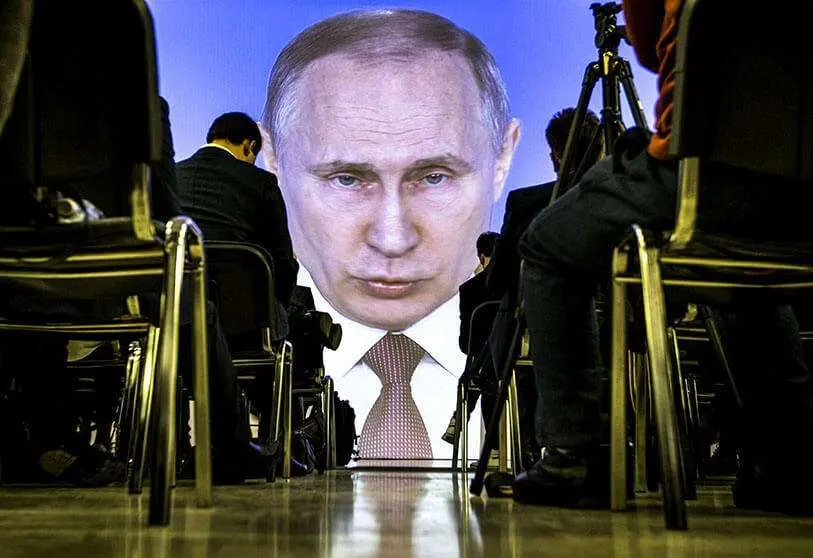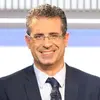Europe responds to Putin with unity

Putin's threat to the post-war international order and Europe's security architecture has achieved something unthinkable a few weeks ago: uniting all of Europe in the face of armed aggression against Ukraine. Europeans have felt like any other Ukrainian defending their country or seeking protection in the Kiev metro. Even the refugee problem, which has divided Eastern and Western Europe since 2015, seems to have been left behind by the arrival of more than 300,000 Ukrainians at the borders of neighbouring countries such as Poland, Hungary, Romania and Slovakia. Brussels considers them all to be refugees without the need for bureaucracy and is considering granting them a permit for one to three years to reside in the EU and even have access to education and healthcare. The 27 EU member states have put aside their national interests to avoid the destruction of their values and principles based on democracy, the rule of law, the separation of powers and respect for human rights and human dignity.
That the EU has moved from 'soft power' mode to sending fighter jets to Ukraine is a qualitative step in Europe's security and defence. That the European Peace Facility has been set up to buy arms and send them to Kiev was a pipe dream a few weeks ago. Putin has achieved in European defence what the financial crisis of 2012 did for the EU in its progress in the field of economic union. Recall that when Spain and Italy were on the brink of bankruptcy, former European Central Bank president Mario Draghi famously gave the (Whathever it takes...) speech, i.e. "we will do whatever it takes to save the euro". Now the EU's High Representative for Foreign Policy, Josep Borrell, has got Europe to do what it takes to save Ukraine. Europe is beginning to speak the language of power by putting European institutions in geopolitical mode, something it had been demanding together with European Commission president Ursula von der Leyen.
The German government has also changed its orientation and for the first time sent arms and missiles to a war zone to defend Ukraine from the Russian army. A decision that sets aside its traditional restriction on arms exports to war zones that is deeply rooted in German DNA as well as pacifism in the aftermath of World War II. The threat to the post-war international order has given wings to Chancellor Olaf Scholz, who has also announced an allocation of 100 billion euros to improve his army and an increase of more than 2 per cent of GDP in defence spending. Scholz is also willing to make significant economic sacrifices, as he has shown by suspending the Nord Stream II gas pipeline and excluding Russia from the SWIFT international payments system.
Europe has taken further steps in its escalation of sanctions against Moscow by trying to prevent Russia's Central Bank from using its $630 billion international reserves to alleviate the economic restrictions imposed; by closing airspace to Russian aircraft; or by banning broadcasts by the pro-Putin Russia Today channel or the Sputnik news agency in order to prevent disinformation, although perhaps this censorship measure is not the most appropriate. President Von de Leyen has also been adamant about a possible EU enlargement towards Ukraine: "They are one of us and we want them in".
Putin has also brought the EU and the US closer together. The transatlantic relationship that was wounded by the passage of 'hurricane' Trump is being cauterised by the war in Ukraine. The EU will increase its defence budget, as has been demanded since the Obama era, and will pursue greater strategic autonomy, but within NATO, with which it will continue to complement. In the face of the Russian threat, Sweden and Finland reaffirm their right to join the Atlantic Alliance, despite Russia's threats if they join the organisation.
Putin has taught the EU a lesson in reality with a war that seemed unthinkable in the 21st century. The Russian president has consummated the return of geopolitics, but this time he has found Europe united and ready to defend the principles and values of the liberal international order alongside its transatlantic ally.
Miguel Ángel Benedicto, journalist and lecturer in International Relations at the Complutense University of Madrid.

